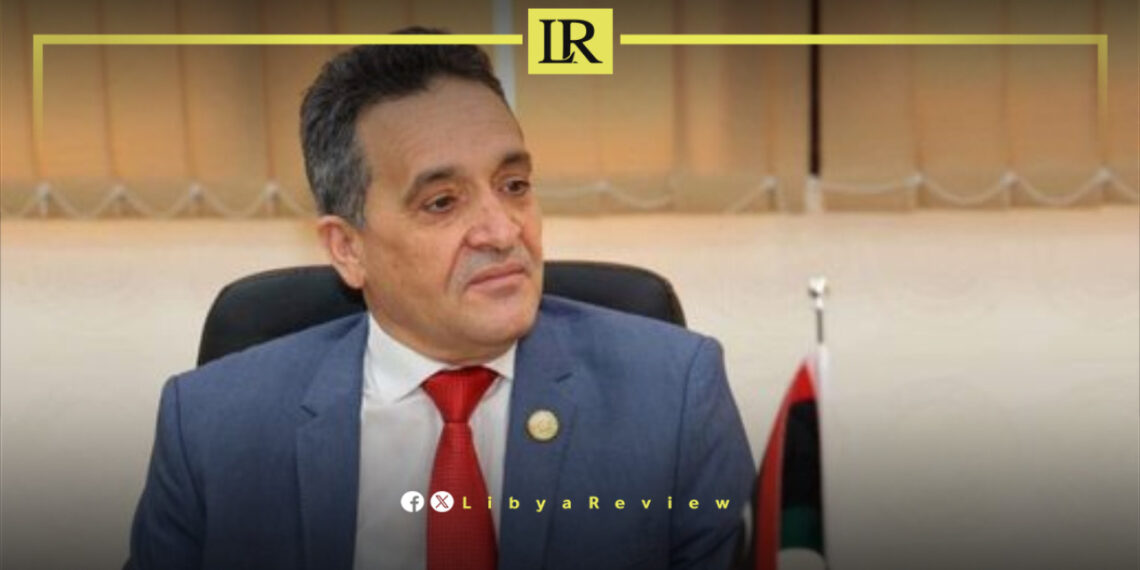Salama Al-Ghweil, President of the Competition and Anti-Monopoly Council, argued that the 722 billion dinars spent over the past decade could have transformed Libya into a new Singapore.
In an interview with “Al-Sharq Al-Awsat,” Al-Ghweil referenced a report by the Administrative Control Authority which provided crucial indicators for decision-makers and researchers regarding the severity of the economic and institutional situations.
He expressed concern over the 722 billion dinars spent in ten years, describing the expenditure as alarming and unjustified with no significant achievements or major projects, nor improvements to infrastructure networks that would warrant such spending, raising suspicions of the funds being diverted to corrupt coffers.
Al-Ghweil highlighted that with prudent financial policies, this amount could have significantly enhanced the Libyan people’s well-being, especially given the country’s small population.
He pointed out that the extensive spending is primarily due to the divided governmental and institutional situation, which has even affected the regulatory bodies, weakening their roles.
Al-Ghweil emphasized that the lack of robust oversight facilitated numerous financial and administrative violations, consequently allowing perpetrators to evade punishment.
Libya has been in chaos since a NATO-backed uprising toppled longtime leader Muammar Gaddafi in 2011. The county has for years been split between rival administrations.
Libya’s economy, heavily reliant on oil, has suffered due to the ongoing conflict. The instability has led to fluctuations in oil production and prices, impacting the global oil market and Libya’s economy.
The conflict has led to a significant humanitarian crisis in Libya, with thousands of people killed, and many more displaced. Migrants and refugees using Libya as a transit point to Europe have also faced dire conditions.
The planned elections for December 2021 were delayed due to disagreements over election laws and the eligibility of certain candidates. This delay has raised concerns about the feasibility of a peaceful political transition.
Despite the ceasefire, security remains a significant concern with sporadic fighting and the presence of mercenaries and foreign fighters. The unification of the military and the removal of foreign forces are crucial challenges.


